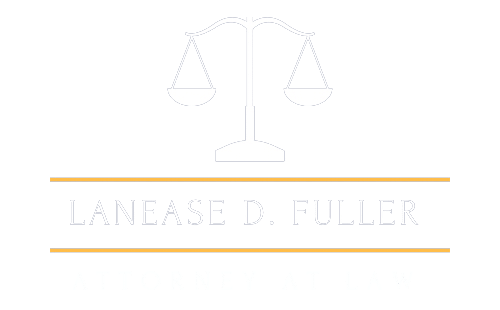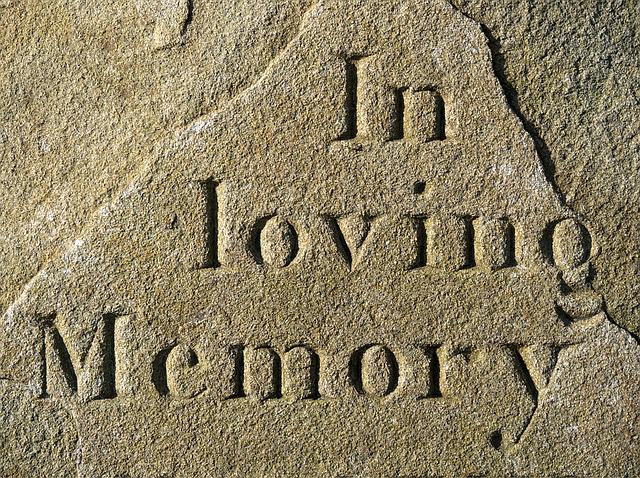Estate planning is about more than just deciding who gets what whenever you pass away, it is about protecting yourself and your family members. Lanease Fuller is an experienced estate planning attorney that serves Dallas, TX and the surrounding areas throughout Texas. Our law office works closely with our clients to ensure they are considering the most important factors when planning their will and estate.
Contact our law firm to learn more about the legal services we offer regarding estate planning and probate law.
What is estate planning?
Estate planning means making a plan for how you want to divide your property after you die. Part of estate planning is deciding in advance who should be in charge of your medical and financial affairs if you are unable to make important decisions for yourself. An estate plan documents stating how you want your property to be distributed after you die. A plan can include any combination of a will, powers of attorney, special deeds for real estate, a set of documents called advance directives, and other estate planning forms.
Estate planning begins with a will.
A will sets forth your intentions as to how your property should be distributed after you die, who should be guardian of your minor children and other important choices. A will can also reduce family conflict and streamline probate, which refers to the court process of distributing property to heirs upon death.
Intestacy: Don’t assume that your spouse will get all of your property when you die. If you die intestate (without a will), Texas law will determine your heirs based on close blood relationships. Heirs include all of your children, including those from past relationships. Heirs do not include your significant other, friends, or stepchildren. Your grandchild won’t inherit from you unless the parent (your adult child) dies before you. Along with identifying heirs, the probate court must classify your property as real estate or personal, community or separate. Dying intestate is a lengthy and expensive process, with fees and court costs paid from your estate. A will isn’t a way to avoid probate, but it does ensure that your property will pass according to your wishes and with minimal court involvement.
Named Beneficiaries, Joint Owners, Payable on Death Accounts: With or without a will, some assets are not included in probate. Insurance proceeds, retirement funds, bank accounts payable on death and similar assets pass to the beneficiary you named on the contract or account when you opened it. Joint bank accounts, as well as real property held jointly with a right of survivorship, pass to the other joint owner(s). Check to make sure that the beneficiary information on each of your accounts is up to date.
Powers of Attorney and Advance Directives: These give another person the right to act on your behalf if you become incapacitated. They can be revoked at any time, and expire when you die.
A Power of Attorney (POA) can be broad or limited, depending on what you authorize your agent to do. Powers can include business and financial decisions, purchase and sale of property and many other decisions. If it permits the sale of real estate, the POA must be recorded in the deed records where the property is located. Note: A General Durable Power of Attorney allows your agent to do almost anything in your name except make medical decisions. Be fully informed before signing any power of attorney.
Advance Directives communicate your wishes about medical care and end-of-life decisions to family and physicians if you become incapacitated. These include a Directive to Physicians and Family or Surrogates, Medical Power of Attorney, and Out-of-Hospital Do-Not-Resuscitate (DNR). Free forms and instructions for Advance Directives are available from the Texas Department of Health and Human Services. You do not need an attorney to complete these forms, although it is prudent to talk to one.
Special Deeds: Special deeds allow for transfer real estate outside of probate, making it easier for the beneficiary or grantee to take possession of the property after you die. Some can also shield real property from a Medicaid Estate Recovery Program (MERP) claim by the government to recoup the cost of state services you received while alive (such as nursing home care).
Transfer on Death Deed (TODD): This deed allows you to name the beneficiary in the TODD and the property is transferred when you die. To be effective, the TODD must be signed and filed in the deed records in the county where the property is located before you die. If all you have is real estate, this is a simple way to make sure it goes to the person you want to inherit it. Sample TODD forms are available at www.texaslawhelp.org.
Life Estate Deed: This deed transfers real property to your beneficiaries while you are alive and gives you the right to occupy the property during your lifetime (a “life estate”). You are responsible for mortgage, taxes and repairs. You can’t sell the property unless all of the beneficiaries on the deed agree.
Ladybird Deed : Lady Bird Deeds are often used in long-term care planning. It gives you the right to live in, sell, or mortgage the property while you’re alive and gives the beneficiaries on the deed the right to receive the property (if you still own it) when you die. The transfer is contingent on whether you still own the property.
Estate Planning Lawyer Serving Dallas, Texas
Attorney Fuller is a seasoned attorney with nearly three decades of experience representing a wide range of clients. This includes individuals who have suffered an injury due to another’s actions, individuals facing criminal charges, those who have been arrested for DWI, individuals who have found themselves in a civil litigation dispute, and those looking for legal guidance in business.
After filling out a client intake form, Attorney Lanease D. Fuller will take appropriate action in your case to help you get the results you are looking for. This includes but not limited to gathering evidence, going to trial, and earning a settlement that is appropriate for your specific situation. Reach out to us today to take the first step towards settling your case.
LANEASE D. FULLER LAW
4615 S. Frwy St. 820
Houston, TX 77051
713-439-7400
Google Listing


